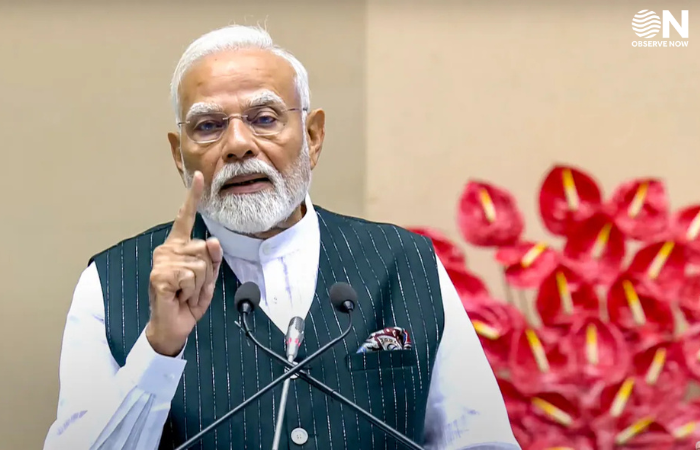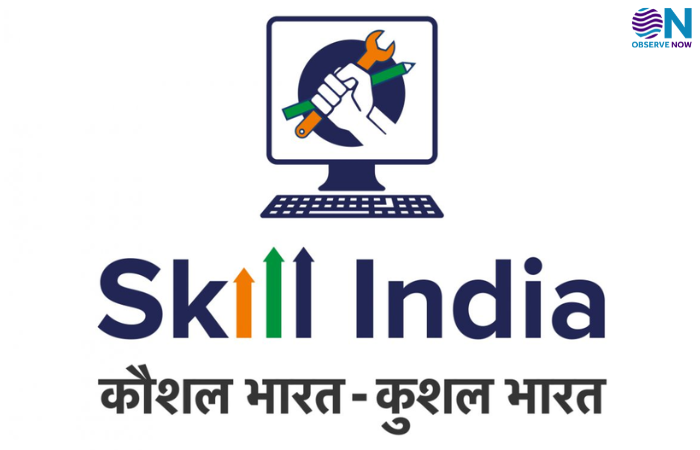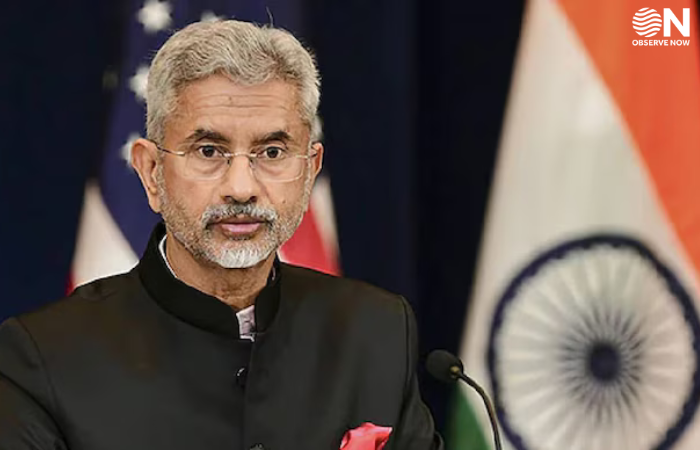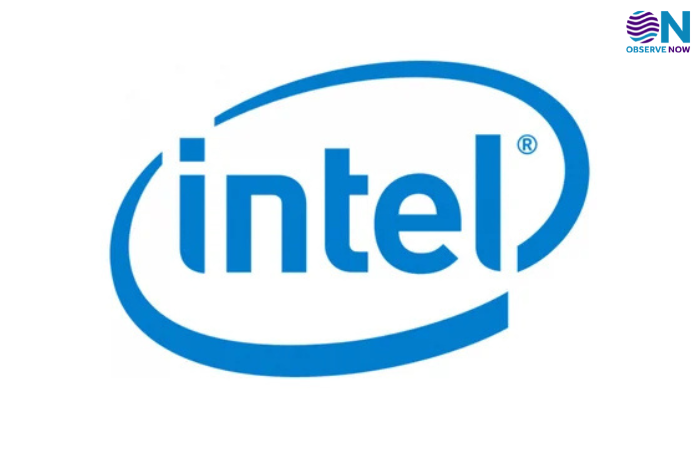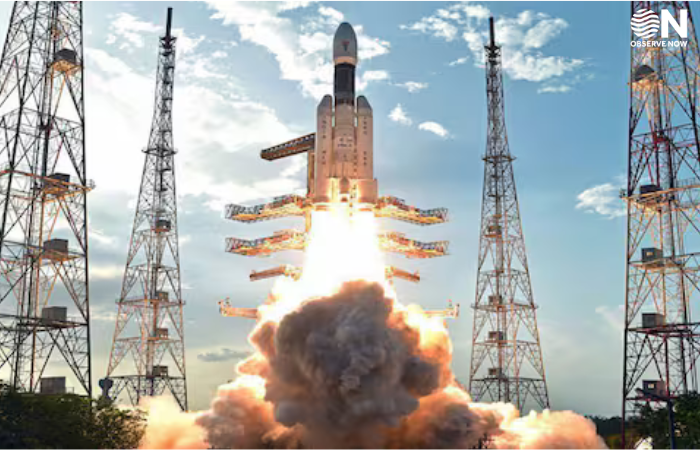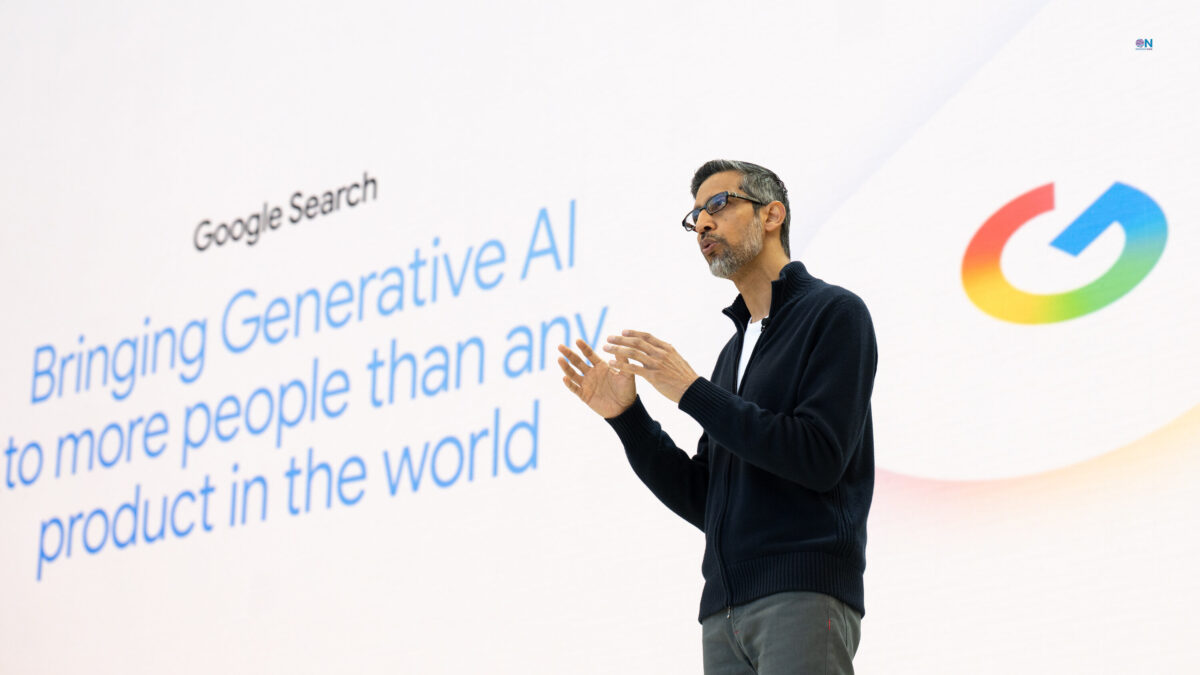PM Modi Reaffirms India-Russia Partnership, Highlights Defense and Make in India Collaboration
Prime Minister Narendra Modi has reaffirmed India’s longstanding strategic partnership with Russia, emphasizing the depth of bilateral ties in defense, manufacturing, and technology. Speaking at a recent event, Modi highlighted that India continues to value Russia as a reliable partner, while simultaneously advancing domestic initiatives under the Make in India programme.
The Prime Minister underscored that collaboration with Russia has historically strengthened India’s defense capabilities, ranging from joint exercises to co-development of military hardware. These efforts have not only enhanced national security but also facilitated technology transfer, boosting India’s indigenous manufacturing ecosystem. By leveraging Russian expertise alongside domestic innovation, India aims to modernize its defense sector while creating employment and enhancing local production capacities.
Modi also highlighted the alignment of this partnership with broader industrial goals. Collaboration in sectors like aerospace, heavy machinery, and precision engineering supports India’s ambition to reduce import dependence and scale up domestic manufacturing under the Make in India framework. Strategic partnerships like these allow India to integrate global expertise while nurturing homegrown talent and technology.
In addition to defense and manufacturing, the Prime Minister pointed out ongoing cooperation in research, energy, and infrastructure projects. These initiatives aim to build long-term resilience and strengthen India’s role as a key player in global supply chains. Modi stressed that such partnerships are mutually beneficial, fostering economic growth, technological advancement, and strategic stability.
The reaffirmation of ties with Russia comes amidst a complex global geopolitical landscape. India continues to maintain a balanced foreign policy approach, engaging with multiple nations while safeguarding its national interests. Modi emphasized that enduring partnerships based on trust, mutual respect, and strategic collaboration remain central to India’s foreign policy ethos.
In conclusion, PM Modi’s remarks highlight India’s commitment to sustaining robust relations with Russia, advancing defense modernization, and promoting Make in India objectives. By combining international collaboration with domestic capability-building, India is charting a path toward strategic autonomy, industrial growth, and long-term economic and security resilience.


